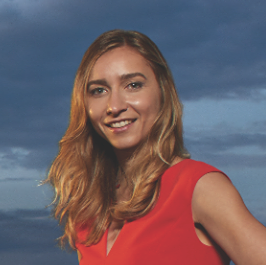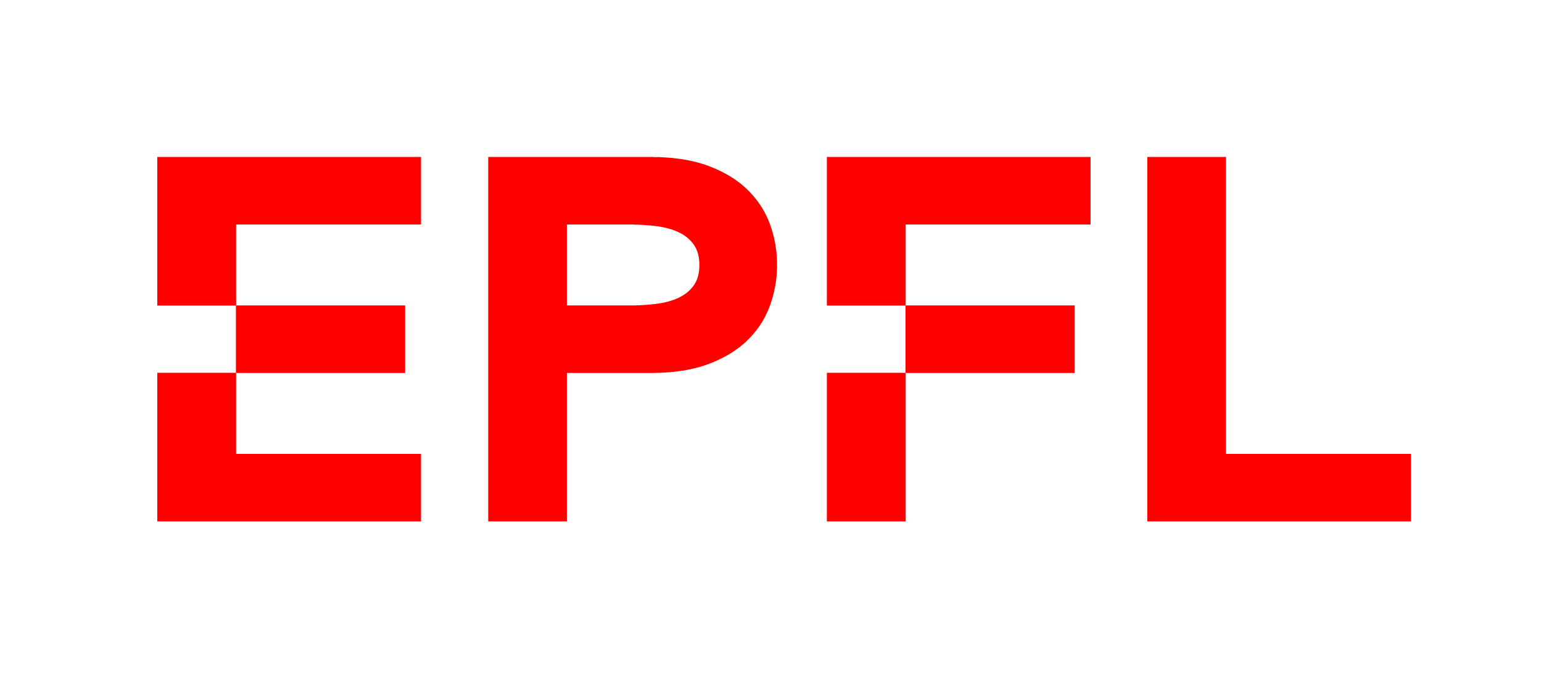The objective of the Winter School is to expose the audience to modern topics on Data Science, Optimization and Operations Research. Every year, two prominent researchers are invited to provide tutorials on selected topics, and to discuss some of their recent research with the students. Designed for doctoral education, the course is open to academic researchers (professors, researchers, PhD students) and professionals (from industry and public authorities), interested in optimization and operations research. The course is organized by Prof. Michel Bierlaire, Transport and Mobility Laboratory (TRANSP-OR), School of Architecture, Civil and Environmental Engineering (ENAC), Ecole Polytechnique de Lausanne (EPFL). It takes place in Zinal, a ski resort in the Swiss Alps. The special environment triggers a specific atmosphere that encourages scientific and personal exchanges among the participants. In addition to the lectures, workshops will be organized every day where the students will have the opportunity to work on recent papers of the invited lecturers, under their guidance.
Claudia Archetti
University of Brescia

Claudia Archetti is a Full Professor of Operations Research at the University of Brescia. She teaches courses in optimization, decision analysis, and logistics across undergraduate, master’s, and PhD programs. With over 120 published articles in top international journals, she specializes in algorithmic development for vehicle routing, inventory routing, and other combinatorial optimization problems. She also contributes to the academic community as Co-Editor in Chief of 'Networks', and served as Vice-President of EURO, the Association of European Operational Research Societies, in charge of publications and communication.
Phebe Vayanos
University of Southern California

Phebe Vayanos is an Associate Professor of Industrial & Systems Engineering and Computer Science at the University of Southern California, a Co-Director of the CAIS Center for Artificial Intelligence in Society, and a Co-Director of the ORAI interdisciplinary PhD Program in Artificial Intelligence and Operations Research. She holds a Viterbi Early Career Chair in Engineering and previously held a WiSE Gabilan Assistant Professorship. Prior to joining USC, she was a lecturer in the Operations Research and Statistics Group at the MIT Sloan School of Management, and a postdoctoral research associate in the Operations Research Center at MIT. She holds a PhD degree in Operations Research and an MEng degree in Electrical & Electronic Engineering, both from Imperial College London.

The course is organized by the Transport and Mobility Laboratory, EPFL.


The objective of the Winter School is to expose the audience to modern topics on Data Science, Optimization and Operations Research. Every year, two prominent researchers are invited to provide tutorials on selected topics, and to discuss some of their recent research with the students. Designed for doctoral education, the course is open to academic researchers (professors, researchers, PhD students) and professionals (from industry and public authorities), interested in optimization and operations research. The course is organized by Prof. Michel Bierlaire, Transport and Mobility Laboratory (TRANSP-OR), School of Architecture, Civil and Environmental Engineering (ENAC), Ecole Polytechnique de Lausanne (EPFL). It takes place in Zinal, a ski resort in the Swiss Alps. The special environment triggers a specific atmosphere that encourages scientific and personal exchanges among the participants. In addition to the lectures, workshops will be organized every day where the students will have the opportunity to work on recent papers of the invited lecturers, under their guidance.
The course is designed for academic researchers (professors, researchers, PhD students) and for professionals (from industry and public authorities) interested in data science, optimization and operations research. It is not an introductory course. Therefore, it is expected that participants have a background in statistics, optimization and operations research.
Register
| Regular registration: | 550 CHF |
| Students and staff from Swiss universities: | 280 CHF |
The tuition fee includes: the participation to the lectures, the participation to the workshops, the coffee breaks, the welcome cocktail on Sunday, the conference dinner on Thursday. The event is financially supported by the Ecole Polytechnique Fédérale de Lausanne.

Venue and accommodation
The winter school will take place at Hotel Europe in Zinal.
- Welcome cocktail on Sunday at 18:30: main restaurant of the hotel.
- Lectures and workshops: level -2 of the hotel, in the sport hall.
- Coffee breaks: main restaurant of the hotel.
- Banquet dinner on Thursday: main restaurant of the hotel.
We recommend the participants to stay at the hotel Europe. Book directly at the hotel, and mention that you are participating to the seminar. If you are not staying at Hotel Europe, you may want to join us for dinner. In that case, please mention it to the hotel.
ECTS
The course is worth 2 ECTS credits. The students who need to be evaluated to obtain the credit must inform the organizer during registration. In order to obtain the credit, the students must participate to the lectures, participate to the workshops, provide an oral presentation, submit a report. The students will be organized by groups. A scientific paper authored by one of the lecturers will be assigned to each group. During the workshops, the students will have the opportunity to interact with the author of the paper. An oral presentation of the paper by the group will be organized.
After the course, each student will prepare a technical report on a topic related to the course. The topic cannot be associated with the same lecturer as the paper presented during the workshop. This is personal work, and the topic should be approved by the lecturer during the workshop. The report should summarize the topic, provide a literature review, and a personal discussion about the topic (strengths and weaknesses, potential applications, possible extensions, etc.) The objective is to show that the students have understood the concepts, and are able to be critical about it. The report does not need to be long (about 10-15 pages).
The workload for the course is 15 hours of lectures, 8 hours of workshop, preparation of the presentations, report writing.
Lectures schedule
| From | To | Monday | Tuesday | Wednesday | Thursday | Friday |
|---|---|---|---|---|---|---|
| 8:30 | 10:00 | Claudia | Phebe | Claudia | Phebe | Claudia |
| 10:00 | 10:30 | Coffee break | ||||
| 10:30 | 12:00 | Phebe | Claudia | Phebe | Claudia | Phebe |
| 12:00 | 17:00 | Sport and discussions | ||||
| 17:00 | 19:00 | Workshop | Workshop | Presentations | ||
| 19:00 | Dinner | |||||
Students presentations
- Thursday, 17:00: Group A (Felix Bauer, Meshkova Angela, Simon Urbak Pedersen) Bundles generation and pricing in crowdshipping [Claudia Archetti]
- Thursday, 17:30: Group B (Cardia Andrea, Riccardo Cescon, Vladimir Sovljanski) Robust Optimization with Decision-Dependent Information Discovery [Phebe Vayanos]
- Thursday, 18:00: Group C (Luis Wagner, Albert Albert Brincker Olson, Keyu Jia) Stochastic scheduling and routing decisions in online meal delivery platforms with mixed force [Claudia Archetti]
- Thursday, 18:30: Group D (Jiri Spitzer, Waeber Arthur) ROC++: Robust Optimization in C++ [Phebe Vayanos]
List of participants
- Bierlaire Michel, EPFL (CH)
- Bröchin Manuel, SBB (CH)
- Li Mengmeng, EPFL (CH)
- Looser Lukas, EPFL (CH)
- Prokopyev Oleg, University of Zurich (CH)
- Sossou Edou Rose, CERMICS, École nationale des ponts et chaussées (FR)
- Gachet Héloïse, CERMICS, Ecole nationale des ponts et chaussées (FR)
- Baumann Philipp, University of Bern (CH)
- Sen Buse, EPFL (CH)
- Trautmann Norbert, University of Bern (CH)
- Widmer Marino, Université de Fribourg - DIUF (CH)
- Trotter Loris, University of Bern (CH)
- Bersier Maude, University of Bern (CH)
- Mantuano Claudio, University of Bern (CH)
- Bangerter Elise, Université de Fribourg (CH)
- Ries Bernard, University of Fribourg (CH)
- Klein Nicklas, University of Bern (CH)
- Jakob Nylöf, EPFL (CH)
- Zhang Kenan, EPFL (CH)
- Preto Anne-Valérie, EPFL (CH)
- Peter Jonas, EPFL / HES-SO VS (CH)
- Lallemand Louise, EPFL (CH)
- Baud Candice, EPFL (CH)
- Vogler Prunelle, EPFL (CH)
- Schwan Roland, EPFL (CH)
- Gallay Olivier, University of Lausanne (CH)
- Lurkin Virginie, University of Lausanne (CH)
- Varone Sacha, Haute Ecole de Gestion de Genève (CH)
- TELLACHE Nour Elhouda, University of Fribourg (CH)
- Logothetis Dimitrios, EPFL (CH)
- Nietert Sloan, EPFL (CH)
- Ricard Léa, EPFL (CH)
- Andrea Cardia, University of Pisa (IT)
- Sharifian Ehsan, EPFL (CH)
- Matsypura Dmytro, The University of Sydney (AU)
- Yang Shaohui, EPFL LA3 (CH)
- Angela Meshkova, DESL EPFL (CH)
- De Boeck Jérôme, HEC, Université de Liège (BE)
- Abdolhamidi Dorsa, University of Lausanne (CH)
- Albert Brincker Olson Albert, DTU (DK)
- Kssim Aymane, IRIT (FR)
- Jia Keyu, EPFL & HES-SO Valais-Wallis (CH)
- Arthur Waeber, EPFL (CH)
- Mallek Amin, University of Bremen (DE)
- Horshkov Oleg, Rheinland-Pfälzische Technische Universität (RPTU) (DE)
- Wagner Luis, University of Twente (DE)
- Bauer Felix, EPFL (CH)
- Spitzer Jiri, TU Delft (NL)
- Salizzoni Giulio, EPFL (CH)
- Mark Lyngesen, Aarhus University (DK)
- YANG Zhenyu, EPFL (CH)
- Azéma Mathis, CERMICS, École nationale des ponts et chaussées (FR)
- Tomarchio Barbara, EPFL (CH)
- Cescon Riccardo, EPFL (CH)
- Jafari Mohammad, TU Delft (NL)
- García Veloso César, EPFL (CH)
- Kuhn Daniel, EPFL (CH)
- Marija Kukic, EPFL (CH)
- Urbak Pedersen Simon, Technical University Of Denmark (DK)
- Pallage Julien, EPFL (CH)
- Ovali Yasemin, EPFL (CH)
- Hamisheh Bahar Mahdi, IESEG SCHOOL OF MANAGEMENT (FR)
- Sovljanski Vladimir, EPFL (CH)
- El Yaakoubi Youssef, BETA, Unistra (FR)
- Schindl David, University of Fribourg and HEG Geneva (CH)